Improve your fact-to-fluff ratio
Readers are busy. Fluff takes space. Space takes time. So let’s cut the fluff and get on with it.
To cut the fluff, aim for a fact-to-fluff ratio of at least 1:1.… Read the full article
Writing workshops, communication consulting and writing services

Readers are busy. Fluff takes space. Space takes time. So let’s cut the fluff and get on with it.
To cut the fluff, aim for a fact-to-fluff ratio of at least 1:1.… Read the full article
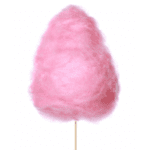
Here’s an interesting dichotomy: Killing time is the killer app for mobile devices. But mobile users are in a hurry and “get visibly angry” at verbose sites that waste their time.… Read the full article

How do you squeeze a big idea, more than 18 months of research and input from more than 3,000 constituents into a sound bite that expresses the whole purpose of your organization?… Read the full article

It feels so good to talk about ourselves.
Talking about yourself activates the same pleasure centers in the brain as food, money or sex, according to Harvard neuroscientist Diana Tamir and her colleague Jason Mitchell, whose research on the topic was published in the Proceedings of the National Academy of Sciences.… Read the full article
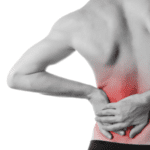
Yes, reading that blog post does make your butt look bigger. But mushy thighs are just one of the symptoms of screen reading.… Read the full article

Fear appeals persuade. But they can also paralyze.
Strong fear appeals persuade … The stronger the fear appeal, the more likely it is to move your readers to act, according to 50 years of research and 100 studies reviewed by researchers Kim Witte and Mike Allen.… Read the full article

Want to write more readable messages? Increase engagement on your webpages? Otherwise boost your writing skills?
As we plan our upcoming Master Classes, I’ve been creating a lot of new slides.… Read the full article
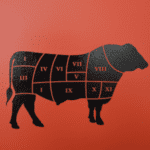
Think of subheads as the icing on the cake.
Skimmers look at subheads to learn what content you’re offering on a web page, blog post or news release.… Read the full article
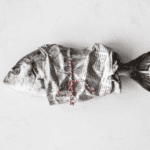
What’s in a name?
A great headline can mean the difference between a story that gets read — or one that gets passed over.… Read the full article
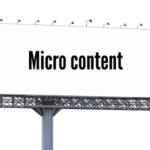
I’m often amazed at the amount of energy writers put into perfecting the sentence structure in the fourth paragraph of their piece when those same folks toss off a headline in the 17 seconds before happy hour on a Friday afternoon.… Read the full article
____
Learn to get the word out with our proven-in-the-lab techniques in our email newsletter.